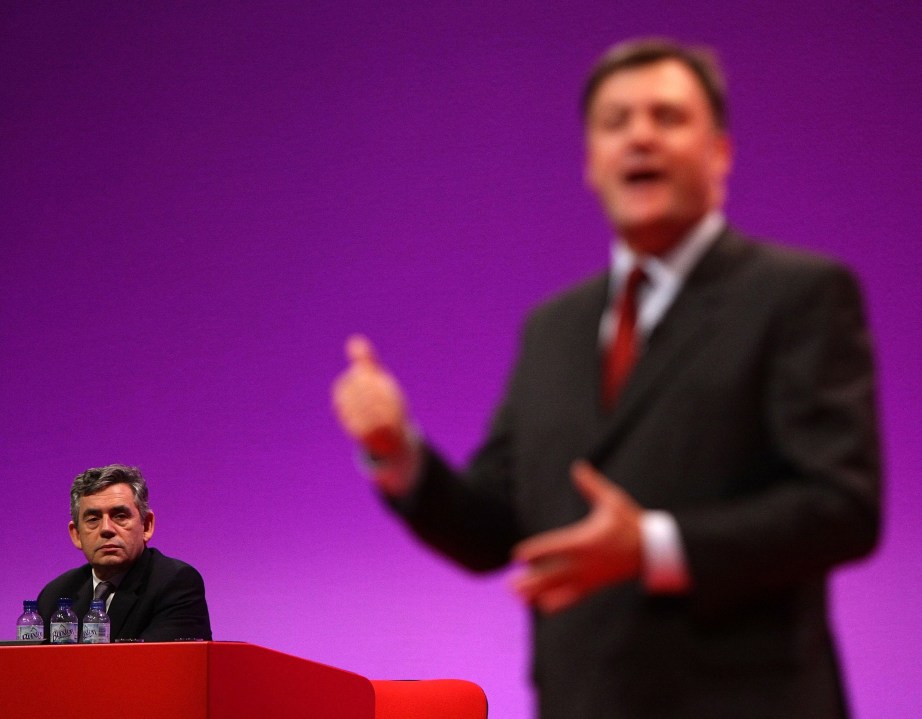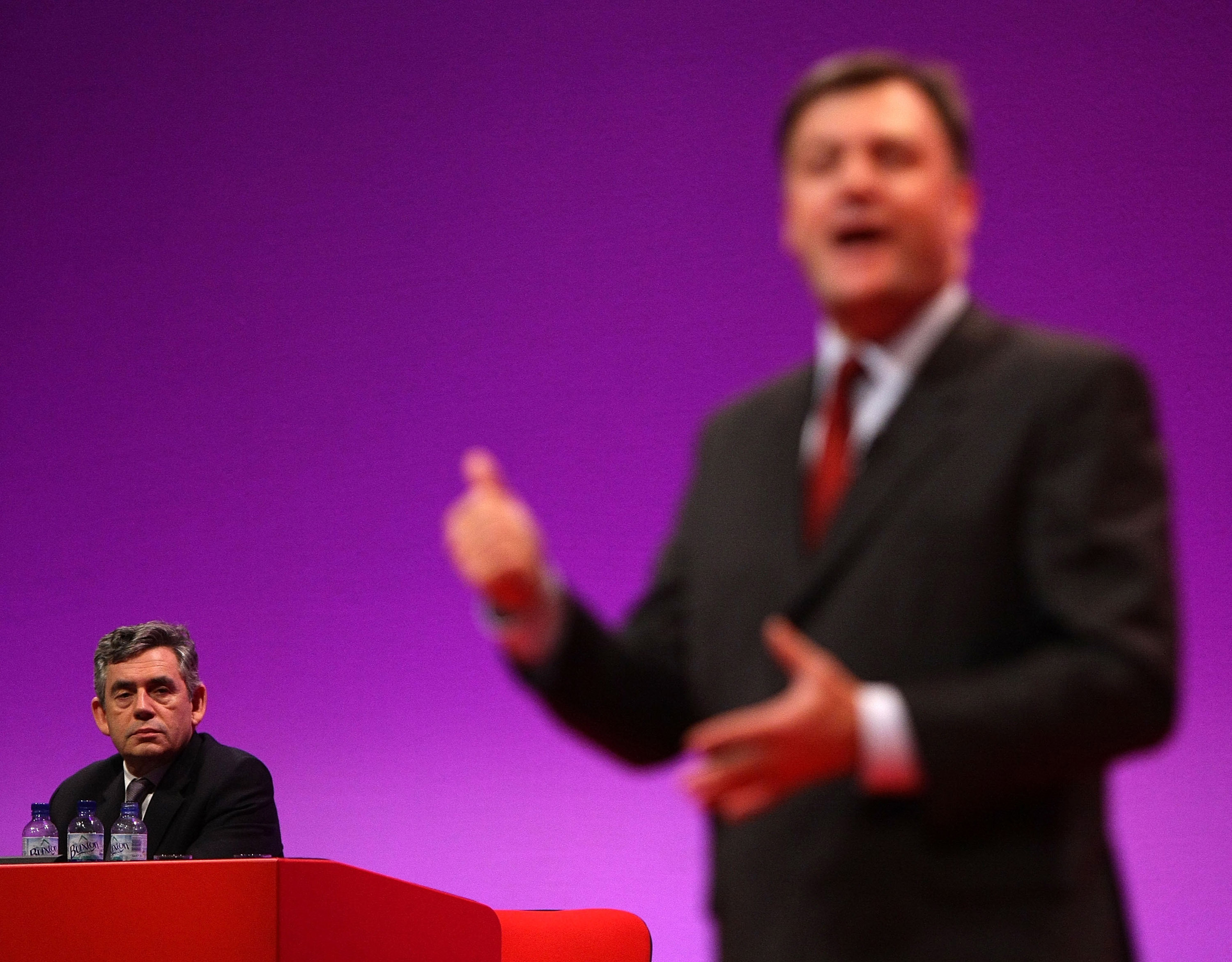Normally, pre-Budget interviews with shadow chancellors are dry and methodical. But the Times’s interview with Ed Balls (£) today is the opposite: frenetic, relatively non-fiscal and utterly, utterly strange. Given that CoffeeHousers are probably waking up to brunch, I thought it might be a bit much for you to wade through his thoughts on food and on crying (‘OK. Crying. What do you want to know about crying?’). So I’ve pulled out some of the main political points from the interview here:
1) Laying into Brown. The quotation that gives the interview its headline is an eye-opener, coming as it does from Ed Balls. ‘Nobody is going to look back at any point in history,’ he says, ‘and say that Gordon Brown was a great Prime Minister.’ And although he does soften the blow immediately afterwards, by praising Brown and Alistair Darling’s response to the banking crash, it is perhals the cruellest thing that Balls has said about his old boss since this attack during the Labour leadership election.
And there’s more. Earlier in the interview, Balls quips that, ‘The big plus for me in politics in the past 18 years is, I was the person who was willing to stand up to Gordon Brown and tell him when he was wrong — which actually was a very important piece of public service!’ And later he claims that ‘Gordon ended up seeing the difficulties of any situation rather than the opportunities.’
But why? A clue may come in the passage where Balls explains why he ‘never thought [he] could win’ the last Labour leadership election: ‘I was inevitably going to be part of the political overhang of the end of Gordon’s premiership.’ I wonder if today’s words are a concerted attempt by the shadow chancellor, and perhaps by Labour, to kick away some of that overhang.
2) Labour’s cutting problem. Confusion reigns when it comes to Labour’s message on the public finances, and it’s exacerbated by Balls in this interview today. Explaining a ‘fundamental difference’ between himself and George Osborne, he says:
But how does that square with Balls’s separate admission, made in December, that ‘Labour would have to cut too’. In truth, it is possible — just — to chart a line between the various fiscal arguments put forward by Balls. But that won’t stop this looking like yet another Labour politician attacking and agreeing with the cuts at the same time. ‘Non-expansionary fiscal contraction’ could be a hard sell around election time.‘George still believes in something he calls “expansionary fiscal contraction”, which is the more you contract the fiscal policy and cut spending, the more expansionary it will be. If I am being polite I call it an oxymoron. If I am being impolite, I call it moronic.’
3) Balls for business. There’s no hang-a-banker rhetoric from Balls here. He doesn’t even directly mention the 50p rate once. So what’s he up to? My guess is that Labour are trying to reach out to business once again. Indeed, the shadow chancellor even argues that:
This is a charge that you can expect to hear again and again. Ed Milband will be disinclined to match Osborne on 50p, if the latter does indeed cut it. But his party will be disinclined to go too far the other way, at risk of seeming anti-business. Far easier, then, to just attack the government for being anti-business itself, in other areas.‘The way David Cameron and George Osborne handled the issues around Britain as a place to invest — around Stephen Hester and Fred Goodwin — will do far more damage to the long-term investment prospects of our economy than any positive thing they can do around personal allowances.’







Comments